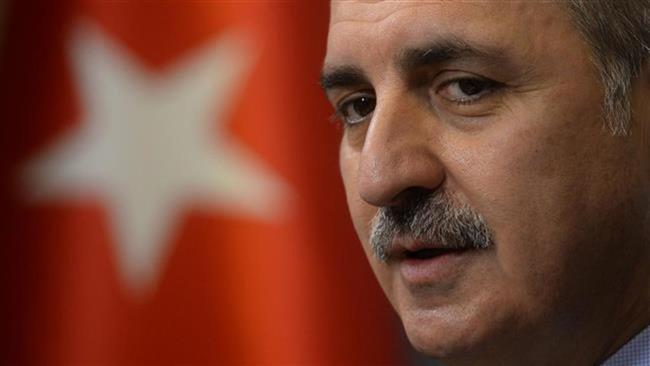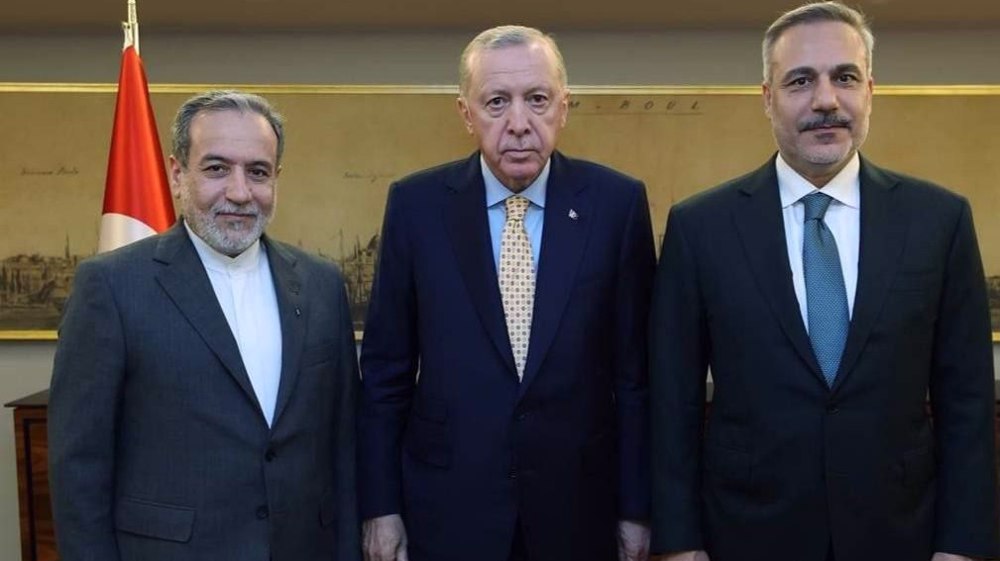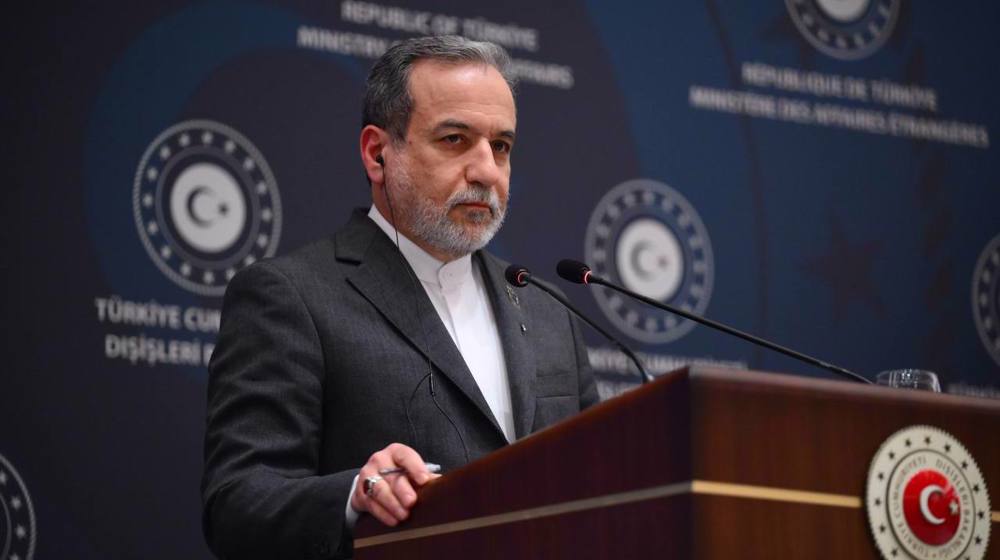Turkey extends post-coup emergency state for three more months
Turkey’s cabinet has extended a state of emergency in the country for another three months just one day after President Recep Tayyip Erdogan wins a referendum extending his executive powers.
The state of emergency was initially imposed following a failed coup in the country on July 15. Since then, it has already been extended twice.
Read More:
- Turkish prosecutors seek life sentences for 45 coup suspects
- 262 Turkish diplomats, soldiers seeking asylum in Germany
- Turkey launches probe into role of former US officials in coup attempt
The decision for the third extension was made late on Monday, following a meeting of the National Security Council (MGK) chaired by Erdogan.
"The recommendation was considered and the Council of Ministers signed to extend the state of emergency for another three months from Wednesday," Deputy Prime Minister Numan Kurtulmus.
Kurtulmus stressed that the extension was aimed at empowering the government to “fight against terrorist groups." "In this struggle, whatever is necessary will be done," he added.
The state of emergency has allowed the government to launch a harsh crackdown on those believed to have played a role in the failed coup.
The massive action, which has seen more than 40,000 arrested and over 100,000 discharged from their jobs, has faced increasing international criticism, especially from Europe, where governments believe Ankara has acted beyond the rule of law.
The state of emergency was to end on April 19 and its extension comes one day after the country voted for constitutional changes which vastly boosted Erdogan´s powers.
Read More:
- Erdogan: Turkey made historic decision by voting ‘Yes’
- Europe cautions Turkey after referendum
- Turkey’s opposition party CHP calls for referendum annulment

The reforms will change Turkey’s parliamentary system into a presidential one; the office of the prime minister will be abolished; the president will appoint the cabinet and an undefined number of vice-presidents, and will be able to select and remove senior civil servants without parliamentary approval.
The changes would also potentially keep Erdogan in power until 2029. He has already been there since 2003.
Democrats press Trump to explain rationale behind new Iran strike amid warnings about dire risks
VIDEO | Press TV's news headlines
VIDEO | Ex-UK envoy to US arrested by British police
Department of Justice withholds, removes Epstein files that reference Trump: Probe
FM says historic opportunity at hand for unprecedented deal; vows Iran will defend sovereignty
Aid groups challenge Israeli ban that could starve Gaza, West Bank
Hamas denounces Israel’s threats to destroy resistance, slams ceasefire violations
Lebanese army orders troops to return fire after Israeli attack near border post













 This makes it easy to access the Press TV website
This makes it easy to access the Press TV website